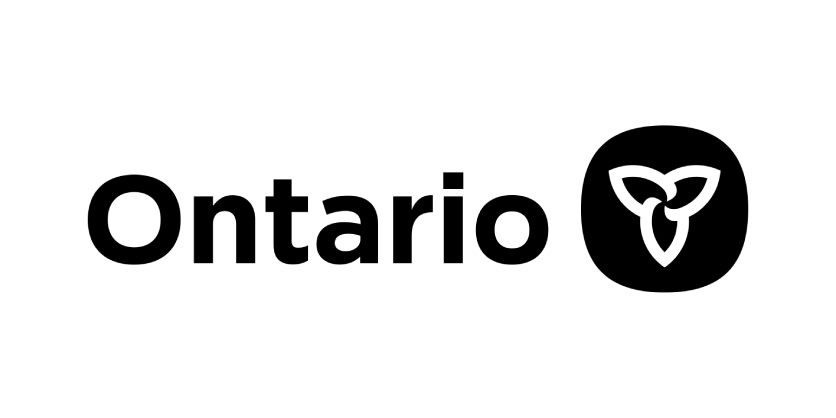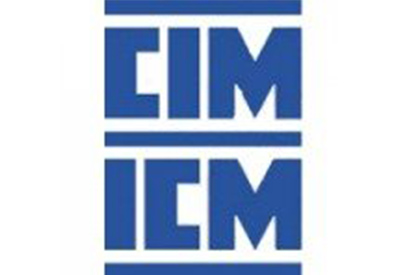Ontario and Alberta Partnering to Create More Opportunities for Internationally Trained Skilled Workers
July 8, 2024

New agreement will help remove barriers to fill gaps in the skilled labour market
The governments of Ontario and Alberta are supporting a framework for collaboration on international credential recognition and post-journeyperson certification. This partnership will put Canadian workers first by reducing interprovincial barriers and red tape for credential recognition and encourage the flow of labour between Ontario and Alberta. Ontario is seeking ways to open pathways into the trades for more apprentices and remove barriers for internationally trained workers to fill in-demand labour needs locally. At the same time, Alberta is looking to expand its list of international credentials to address gaps in the skilled labour market and fill openings in high-demand fields.
“Ontario needs hundreds of thousands of additional skilled trades workers over the next decade to build homes, hospitals and highways,” said David Piccini, Minister of Labour, Immigration, Training and Skills Development. “Working together with Alberta, we’re sharing knowledge and expertise on international credential recognition, removing barriers to skilled workers filling in-demand jobs and building our communities.”
Under the Memorandum of Understanding (MOU), the provinces will work together to share expertise and information and explore an international credential recognition framework for skilled trades that will enhance this process and support mobility between these jurisdictions. A common framework could lead to more internationally skilled workers with verified credentials to write the certifying exam.
“This agreement marks a significant step forward in addressing the skilled labour shortage in Alberta,” said Rajan Sawhney, Alberta’s Minister of Advanced Education. “By expanding our international credential recognition and working with our partners in the Government of Ontario, we can welcome more talented individuals and ensure our economy remains competitive and dynamic.”
Private sector industry and labour stakeholders have identified a need for post-journeyperson upgrading courses and credentials to meet the evolving needs of the Canadian economy. This partnership between Alberta and Ontario will help expand offerings of post-journeyperson certifications to support graduates of apprenticeship programs in upskilling and achieving pathways to further their career prospects.
In Ontario, Skilled Trades Ontario (STO), a government agency, is responsible for assessing whether the experience and qualifications obtained by applicants for an Ontario certificate of qualification are equivalent to those received through completing an Ontario apprenticeship program. Skilled Trades Ontario’s Trade Equivalency Assessment is the first step towards obtaining a Certificate of Qualification for experienced workers who have not completed an Ontario apprenticeship but who have equivalent skills and experience.
The Ontario government is advancing forward from its previous four Working for Workers acts by introducing new first-in-Canada supports and even stronger protections that would open pathways into the skilled trades and remove barriers to employment. This would be done by making the foreign credential system outcomes-oriented by requiring regulated professions to have a policy to accept alternatives where standard registration-related documents cannot be obtained for reasons beyond an applicant’s control, such as war or natural disasters. If passed, Ontario would be the first province in Canada to have this legislation.
Quick Facts
- The Memorandum of Understanding will be reviewed in 18 months.
- International credential recognition is the process of verifying that the education, skills and experience obtained in another country meet the licensure standards for safe and competent practice in Canada. Alberta currently recognizes international credentials of specific journeypersons such as carpenter, heavy equipment technician and plumber from the Republic of Ireland.
- Alberta executed the international qualification recognition program from 2013 to 2015, which led to the recognition of multiple certifications from both the Republic of Ireland and the United States.
- International credential recognition and post-journeyperson credentials and certification are key strategies to meet several mandate items for Alberta’s Ministry of Advanced Education.
- This includes increasing and accelerating auto-credentialing for workers from national and international jurisdictions with similar standards.
- It also includes, in the context of skilled trades, taking a leadership role in meeting the evolving needs of the economy with a focus on ensuring journeypersons obtain needed skills for the modern economy.
- Alberta’s Ministry of Advanced Education is also mandated to act as Alberta’s lead advocate and champion of the skilled trades and professions to ensure, as early as junior high, that this education track has parity of esteem as a desirable education pathway that will lead to highly rewarding careers; and advance key recommendations from the Skills for Jobs Task Force Report pertaining to Advanced Education.
Quotes
“This MOU will allow Ontario and Alberta to better fill short- and long-term needs for skilled tradespeople. As a result, through rigorous credential assessment, we’ll have proactively identified pools of highly skilled tradespeople. We’re eager to enhance worker mobility and strategic recruitment for the benefit of both provinces.”
– Melissa Young
Registrar and CEO, Skilled Trades Ontario
“Ontario’s skilled trades offer great careers for people from all backgrounds. Streamlining the recognition of international credentials will help remove barriers so that more skilled workers can enter the trades. With this MOU, Ontario and Alberta will work together to build a stronger skilled trades workforce for the jobs of today and tomorrow.”
– Dave Cassidy
Skilled Trades Special Advisor
Related Story
Ontario Appoints Skilled Trades Special Advisor
The Ontario government is appointing Dave Cassidy, former President of Unifor Local 444, as a Skilled Trades Special Advisor (STSA) to the Minister of Labour, Immigration, Training and Skills Development. The new advisor will assess the workforce needs in Ontario’s skilled trades, focusing on the manufacturing and automotive industries, including electric vehicles (EV). Over the last few years, the manufacturing and automotive sectors in Ontario have been rapidly growing and the province is expected to require over 500,000 additional workers in skilled trades-related occupations over the next decade.




